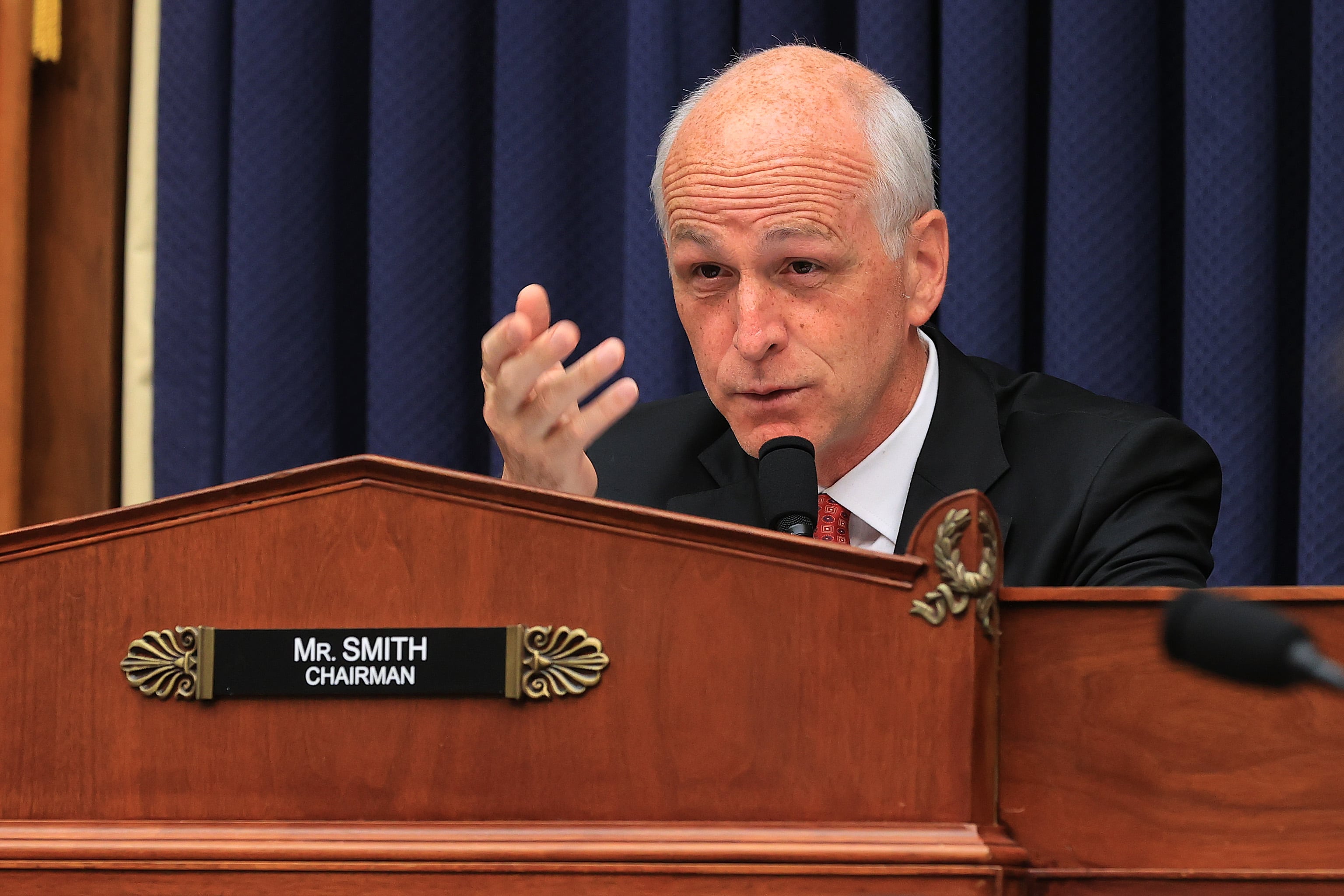Senate Armed Services Committee members added $45 billion to the White House’s defense spending target for fiscal 2023 in their annual defense authorization bill, unveiled Thursday, setting up a congressional showdown in the coming weeks over total military spending.
The $847 billion top line represents an 8% increase over the FY22 defense budget and stands in contrast with the House Democratic appropriators’ plan, released earlier in the week, for a smaller spending package in line with President Joe Biden’s request.
But Senate committee members — on a bipartisan basis — advanced the more costly plan due to what they see as critical needs and extra financial pressure on military programs.
“This addresses the effects of inflation, which is significant, and provides additional security assistance to Ukraine,” committee Chairman Jack Reed, D-R.I., told reporters at a press briefing. “It accelerates the production of certain munitions. It provides additional resources for service and combatant command requirements. It authorizes funding for additional military construction projects and facility maintenance.”
The bill also includes a 4.6% pay raise for troops; offers language requiring all women to register for potential future military drafts; mandates new oversight of civilian casualties from overseas operations; and increases funding for procurement of a host of combat aircraft, naval vessels, armored fighting vehicles and munitions.
The annual legislation sets several spending and policy priorities, and has passed through Congress for more than 50 years. House Armed Services Committee officials are expected to finalize their draft of the measure next week, with an eye toward negotiating a compromise version between the two chambers by the end of the summer.
The top-line spending level could be one of the potential friction points. Reed noted that inflation was the “first consideration” in the decision for the large increase in defense spending, but that other issues also played a role, such as additional security assistance to Ukraine and the need to further replenish munitions the U.S. sent to the country.
The Biden administration on Wednesday announced an additional $1 billion in Ukrainian military aid, drawing from a $40 billion package Congress passed last month that also included funds to backfill the U.S. stocks of Javelin anti-tank and Stinger anti-aircraft missiles sent to the country.
In addition, Reed said, senators included extra money to fund several items off the services’ unfunded priorities lists.
Although Republicans indicated they want a 3-5% defense budget increase over the historic 40-year-high inflation rate, Senate Armed Services Committee ranking member James Inhofe, R-Okla., indicated satisfaction with the top line.
RELATED

And Democrats on the House Armed Services Committee indicated the defense top line would likely increase despite appropriators’ initial attempts to keep it on par with Biden’s request.
“We’ll see by how much, but it’s not going to be an insignificant amount,” House Armed Services Committee Chairman Adam Smith, D-Wash., said at a press event Wednesday morning. “We’re going to wind up with an increased number.”
The Senate draft would reauthorize the development of a sea-launched nuclear cruise missile, despite efforts from the Biden administration and the House to cancel it.
Similarly, it pushes back against the administration’s plans to retire the B83 megaton gravity bomb by first requiring a study “on the defeat of hard and deeply buried targets.”
Additionally, the bill would prohibit the Defense Department from proceeding with its plans for the early retirement of 12 Navy vessels in FY23, including five littoral combat ships, four dock landing ships, two expeditionary transfer docks and one cruiser.
The Senate authorization bill also includes $800 million for the Ukraine Security Assistance Initiative as well as $2.7 billion for future munitions production for items such as Javelin and Stinger missiles. It also authorizes funding to develop the next-generation short-range air defense system and accelerate development of the Precision Strike Missile.
It also includes $2.9 billion to restore U.S. plutonium pits for nuclear weapons and gives the Defense Advanced Research Projects Agency a $30 million increase for artificial intelligence research.
Democratic leaders have not said when the authorization package may be brought to the Senate floor for a full chamber vote.
Bryant Harris is the Congress reporter for Defense News. He has covered U.S. foreign policy, national security, international affairs and politics in Washington since 2014. He has also written for Foreign Policy, Al-Monitor, Al Jazeera English and IPS News.
Leo covers Congress, Veterans Affairs and the White House for Military Times. He has covered Washington, D.C. since 2004, focusing on military personnel and veterans policies. His work has earned numerous honors, including a 2009 Polk award, a 2010 National Headliner Award, the IAVA Leadership in Journalism award and the VFW News Media award.







